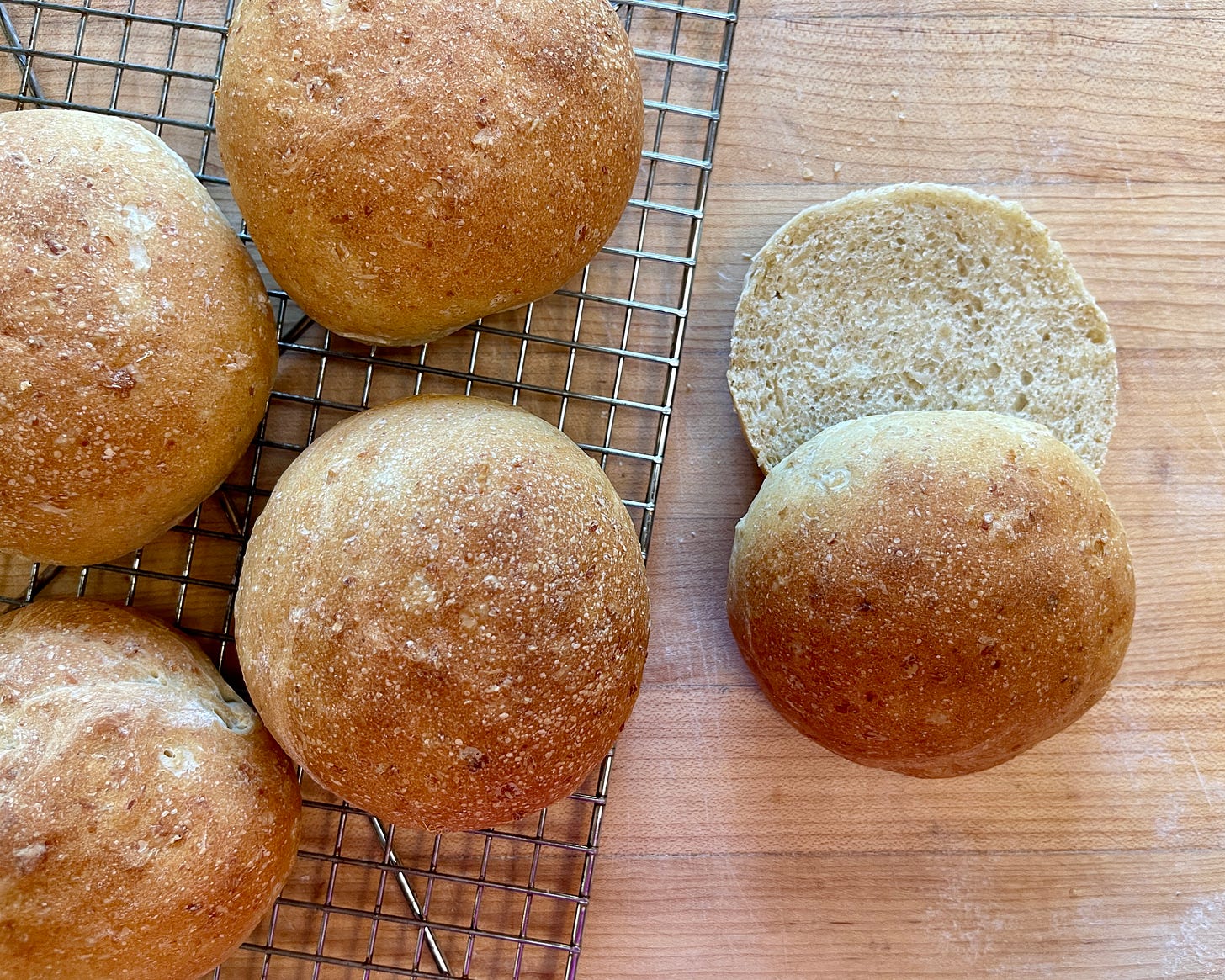Happy Plastic Free July, a monthlong challenge during which millions of people around the world do their best to refuse single-use plastic. You may also be celebrating Canada Day today or the 4th of July on Friday, both of which, like most holidays, generate excessive amount of plastic—and food—for the trash heap. If you’ve invited friends and family over for a cookout this week, the painless tips below will help reduce both types of waste.
Serve food on real plates with real utensils, pour drinks into real glasses
Not only will you improve your guests’ dining experience and the food’s aesthetics, when you clean up, less microplastic will flood our waterways.
In today’s please-don’t-shoot-the-messenger news, this recent study found that running a dishwasher full of plastic releases 920,000 pieces of micro- and nanoplastic into wastewater per load. I doubt anyone reading this fills their dishwasher completely with plastic plates, plastic cups and plastic cutlery. But still. Millions and millions of us run our dishwashers every single day, with at least some plastic inside. Like sythetic clothing in a washing machine, a top source of microplastic pollution, plastics in a dishwasher send out staggering amounts of pollution.
Don’t want to use the good china Granny bequeathed you? Hit the thrift shop for inexpensive dishes. Or just use Granny’s china—she would have wanted you and your guests to enjoy it. Fabric tablecloths and fabric napkins will look beautiful with it.
Don’t blow up stuff
Fireworks leave behind blown bits of plastic, heavy metals and toxic chemicals, polluting our air, soil and water. And they spark wildfires—over 1,200 in California since 2024! The combination of California returning to drought conditions, the robust illegal fireworks market and troops diverted away from fighting wildfires to instead stand around LA sounds like the opening of a disaster movie. Please don’t blow things up to celebrate this week—or any week really. (Donating to your local animal shelter would be a nice thing to do though. Fireworks stress out already-stressed animals living in shelters.)
Share the leftover love
If you plan the menu well, you’ll have fewer leftovers. Keep in mind that the more dishes you serve, the less of each one people will eat—we can fit only so much onto our plates and into our stomachs. To take care of any leftovers you will have, ask guests to bring containers to fill up and take home—like grownup goodie bags. Less food will go to waste.
Clean up
Compost food scraps and wasted food, either through your city’s program or at home, indoors or out. Our outdoor table sits close enough to the compost bin that I can toss my spent corn cobs onto it for a bit of post-dining target practice. (If you cut the corn off the cob before serving, make this tasty free broth with the cobs!)
Make staples from scratch
Pie pastry, mayo for potato salad, baked beans, lemonade, veggie burgers, burger buns… These easy-to-make cookout staples not only taste amazing, they also reduce plastic packaging, cost less and make you that much more self-sufficient.
New recipe! Goldilocks’ Favorite Burger Buns
Have leftover oatmeal on your hands? By adding it to bread dough, you’ll increase the dough’s hydration without rendering a goopy, unworkable mess. The water in cooked oats binds to them, making the dough firmer and easier to work with than dough of the same hydration but without precooked grains. This higher water content also keeps the bread fresh longer, extending its shelf life—and reducing waste.
Keep reading with a 7-day free trial
Subscribe to Zero-Waste Chef to keep reading this post and get 7 days of free access to the full post archives.





